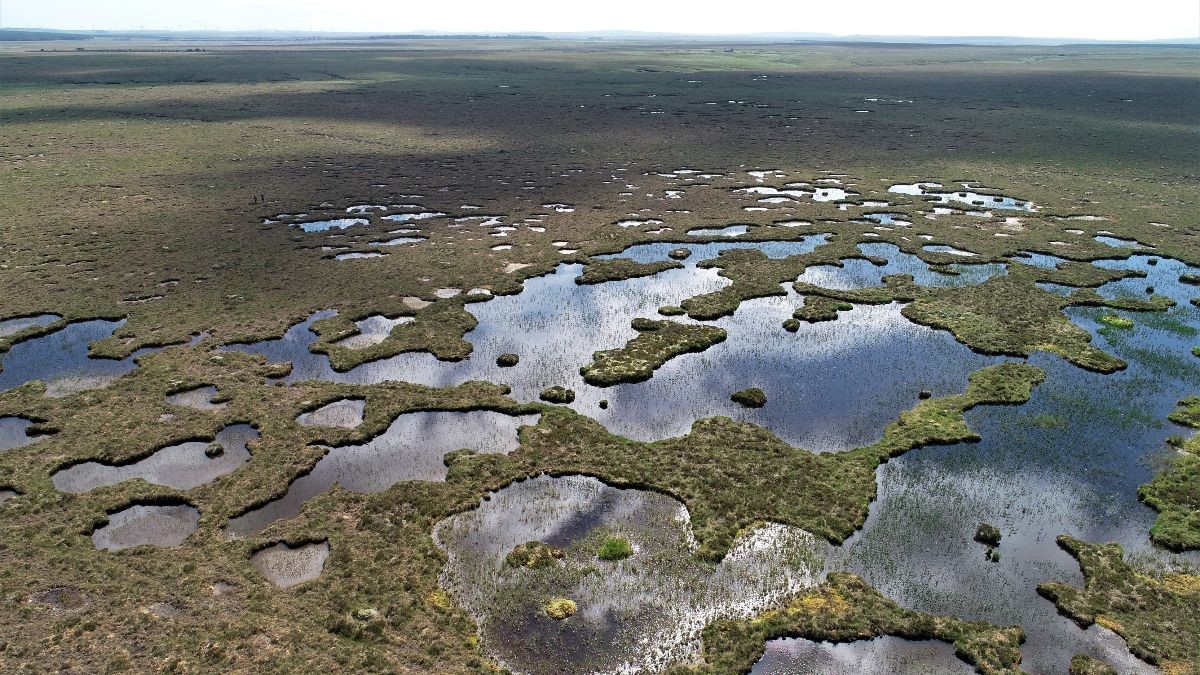The Flow Country becomes a World Heritage Site
UNESCO has today announced that the Flow Country, an extensive tract of blanket bog in northern Scotland, has become a World Heritage Site. It was considered at the meeting of the 46th session of the World Heritage Committee being held in New Delhi. This is momentous news for nature conservation not just in the UK and Europe but also for its significance on the world stage.
The World Heritage List provides practical implementation of the World Heritage Convention which is managed by UNESCO. Sites are listed by UNESCO to ensure that these “places on earth that are of outstanding universal value to humanity” continue to exist. There are more than 1,100 sites globally, including the Grand Canyon in the USA, the Great Wall of China and the Great Barrier Reef of Australia. Today the Flow Country joins these supremely important places on the global list.
It is over 50 years since the Nature Conservancy first recognised the international importance of the Flow Country in 1969. Since then we saw the destruction of many of these bogs through afforestation during the 1980s that resulted in one of the greatest conflicts between nature conservationists and government in post-war years, referred to by Mark Cocker as “The Battle of the Bogs.” Huge pressure from the RSPB and other voluntary bodies together with a firm stance from NCC, backed up by their detailed scientific reports, led to the realisation that one of our greatest natural treasures, an area of exceptional value, was being lost. Now at last we can expect the whole of the Flow Country to be protected for the future.
In addition to being a crucial habitat for many species the actively growing bogs of the Flow Country provide an important function by trapping carbon and thereby help to reduce the effects of climate change.
This decision is particularly notable as the Flow Country is the first example of a peatland ecosystem to be awarded World Heritage Site status. It also stands out as an exceptionally extensive area totalling over 4,000km2. Recognition by UNESCO will lift the profile of peatlands throughout the world, encouraging others to ensure that these habitats are managed effectively to combat climate change.
Professor David Goode CEnv FCIEEM
Patron
